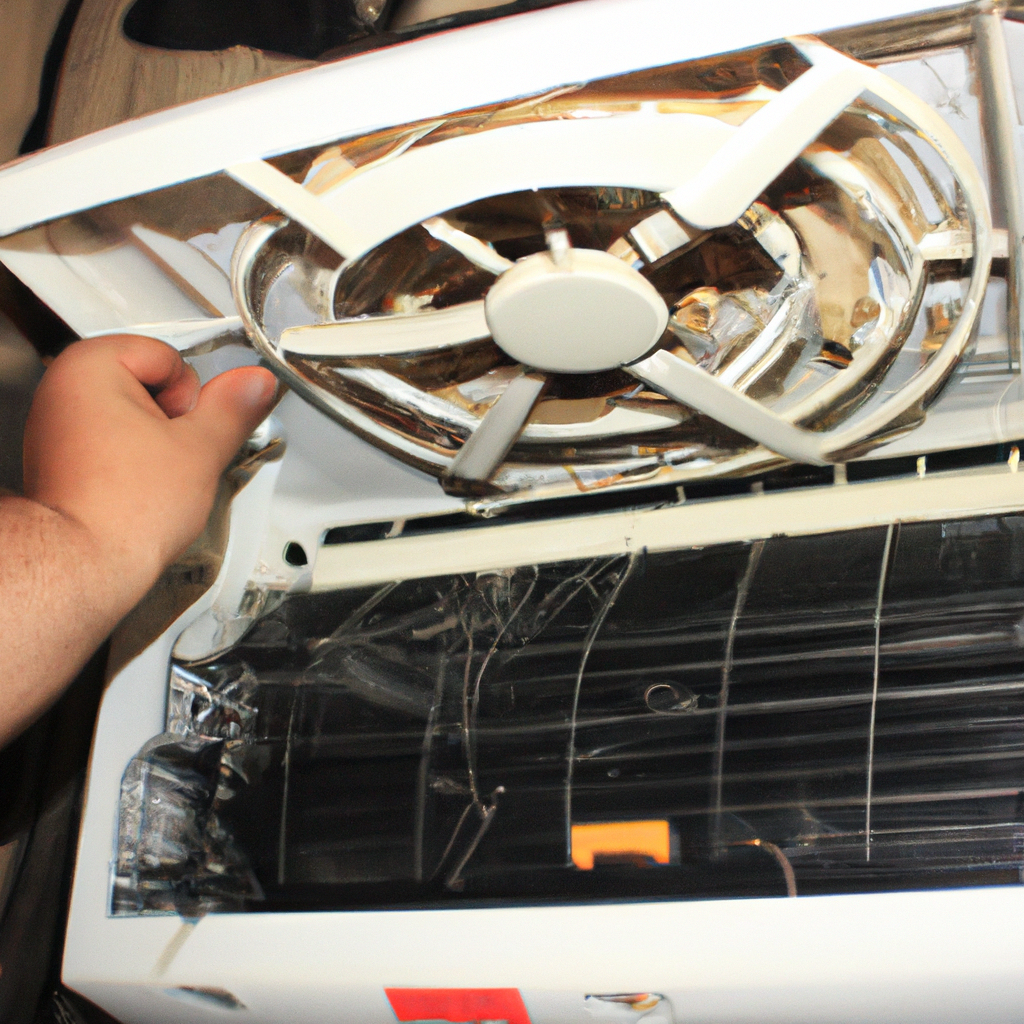Do you find yourself dreading the summer heat due to a broken air conditioner? You’re not alone.
Many homeowners find themselves suffering from the hot summer months because their air conditioning unit is on the fritz. But how long does it take to fix an AC?
In this article, we’ll explore the factors that determine how quickly an AC can be fixed and what you can do to get your cool air back sooner.
Air conditioning units are complex pieces of machinery, so when they break down, it can be difficult to know where to start in terms of repairs. Different types of ACs require different repair processes, which can range from replacing a simple part to completely overhauling the entire system.
The amount of time it takes to repair an AC also depends on whether or not you’re able to diagnose and fix the problem yourself or if you need professional help.
Finally, even if you have a basic understanding of your AC unit and are able to diagnose and fix certain problems, some repairs may still require specialized tools or parts that aren’t easily accessible. If this is the case for you, then it could take longer for your AC unit to be repaired than if it were done by a trained professional with access to all necessary equipment and materials.
Keep reading as we delve deeper into these factors affecting how long it takes to fix an AC!
Diagnosis Of Air Conditioner Issues
It’s important to diagnose an air conditioner before attempting to repair it. Proper diagnosis helps identify the underlying issue and can save time and money.
Many people try to troubleshoot ac problems on their own, but this can be difficult without the proper knowledge or experience. A qualified technician should be consulted for ac diagnosis.

The technician will start by inspecting the air conditioner system thoroughly, checking all electrical components, refrigerant levels and other essential parts of the system. They will also look for any signs of damage such as corrosion or leaks that could be causing the issue.
The technician may also use specialized diagnostic tools to help diagnose the problem quickly and accurately.
After conducting a thorough inspection, they can provide a detailed report of what needs to be done to repair the ac unit. This report will include an assessment of any possible causes for the issue as well as a list of necessary repairs or replacements for parts that need attention.
With this information in hand, homeowners can make an informed decision about how best to fix their air conditioning system.
From here, troubleshooting solutions can be explored and implemented in order to get the most out of your air conditioner unit.
Troubleshooting Solutions
Once the issue has been correctly diagnosed, it’s time to start troubleshooting the aircon. Depending on the complexity of the problem, this can be done by a homeowner or requires professional assistance.
In either case, here are some tips for troubleshooting AC issues:
First, check the thermostat settings and make sure it’s set to the ‘cool’ setting and that there’s power going to it. If these settings are correct and there’s still an issue, then you may need to check the AC unit itself.
Look for any loose wiring or disconnected hoses that could be causing a problem. You should also examine your outdoor unit for any clogs or debris that could be blocking air flow.
Finally, if you’re unable to fix your AC yourself, seek out professional help. An experienced technician can provide detailed advice on how to maintain your air conditioner as well as provide an estimate for repair costs.
Furthermore, they can offer guidance on how often you should schedule maintenance services to ensure longevity of your AC unit and avoid future problems. Professional repair services can also help diagnose more complex issues that cannot be resolved with simple DIY solutions.
With their expertise and knowledge, they can help get your AC running smoothly again in no time!
Professional Repair Services
Professional repair services for air conditioning units are an important part of keeping them running efficiently. The cost and time required to fix an AC depend on the complexity of the issue, as well as the type of unit and the technician’s experience.
Here are some key points to consider when it comes to AC repairs:
AC repair costs – Prices will vary depending on the type of unit, parts needed for repair, and labor. **AC repair time** – Depending on the technician’s availability and complexity of the problem, repairs can take anywhere from a few hours up to several days.
AC repair technicians – It is important to find a qualified professional who is experienced in repairing your specific type of AC unit.
The ac repair process typically begins with a thorough inspection by a qualified technician who will identify any existing issues and develop a plan for getting your unit back up and running again. They may also suggest additional maintenance requirements that should be done in order to keep your AC functioning optimally.
From there, they’ll get started on repairs, ensuring that all components are working properly before finishing up and handing off operation instructions for you. Moving forward, regular check-ups will ensure that your AC continues to run smoothly.
Maintenance Requirements
The importance of maintaining your air conditioner can’t be overstated. Regular maintenance is necessary to ensure that your AC system works efficiently and effectively.
It also helps to address any underlying problems before they become more serious. So, how long does an AC tune-up typically take?
The time it takes to perform a tune-up depends on the complexity of the system and the type of maintenance being performed. Generally, a basic ac tune up should take about an hour or two.
This includes checking for refrigerant levels, inspecting the wiring and electrical components, lubricating any moving parts, and cleaning the air filters and condenser coils. If any repairs are needed, such as replacing a part or fixing a leak in the ducts, these tasks may add additional time to the process.
In addition to an annual AC tune-up, regular air conditioner maintenance is important to ensure that your system works optimally all year round. This includes changing air filters every three months and cleaning out drain lines and evaporator coils at least twice per year.
These steps will help keep your AC running properly while also prolonging its lifespan.
Conclusion
In conclusion, fixing an AC requires skill, patience and knowledge. It’s important to know what the issue is before attempting any repairs.
If you’re unsure of the problem, it’s best to call a professional to diagnose and repair the unit properly. Troubleshooting solutions can sometimes be found online, but it’s important to proceed with caution when dealing with electrical components.
In addition, regular maintenance is essential for keeping your AC in optimum condition and extending its lifespan. With proper care and repair services, you can ensure that your AC will be working again in no time.




